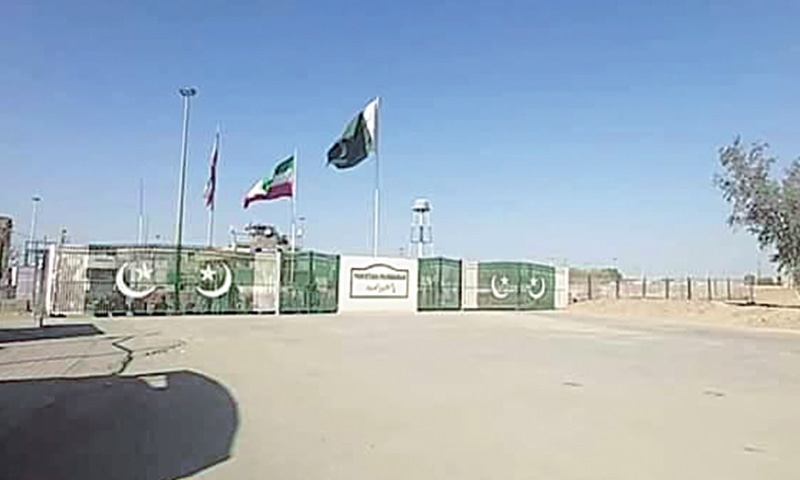
For the last few years, consistent efforts have been made to enhance bilateral trade relations by the governments of Pakistan and Iran. The quantity of export and import goods is expected to increase with the latest decision to create a new gate at Gar, a border point in the Makran division. Not only is there immense trade potential within this but an opportunity to clamp down on smuggling and illegal border crossings has also opened up, provided the entire initiative runs smoothly.
It was back in 2006 that Pakistan and Iran signed the Preferential Trade Agreement (PTA)according to which concessions were given to Iran on 309 tariff lines and Pakistan on 338. The PTA ensured that edible goods like rice—63 percent of Pakistan’s exports to Iran—fruits, cotton, yarn and pharmaceutical products were exchanged freely. By 2017, this agreement was improved to become the Free Trade Agreement (FTA) which would remove tariffs altogether. It was projected that the FTA would generate at least $300 million.
Currently, trade between the two countries stands at $359 million. Through multiple formal sit-downs, both governments decided to take measures to expand trade to $5 billion by 2023 through setting up Special Economic Zones (SEZs), issuing long-term multiple entry visas to businessmen, encouraging joint ventures as well as increasing the volume of trade through establishing more border crossing points. In December of 2021, a new crossing was made in the Raajay area in the Chagai area to establish avenues for the trade of oil and edibles as this was the only source of income for those who live near isolated borders. Now with the new gate at Gar, avenues for both countries to cooperate and profit from each other will only increase.
The proliferation of crossing points is bound to improve the security situation at the border of Pakistan and Iran all the while limiting instances of smuggling when and if tensions rise. The trade between both countries would also be formalised, especially when it comes to the exchange of petrol, diesel, electricity and water—each of which is being discussed as part of the exchanges which will take place through Gar. What is vital now is for the government to pursue this objective without any contingencies, halts and complications that threaten to derail the project entirely.
Source: Published in The Nation


